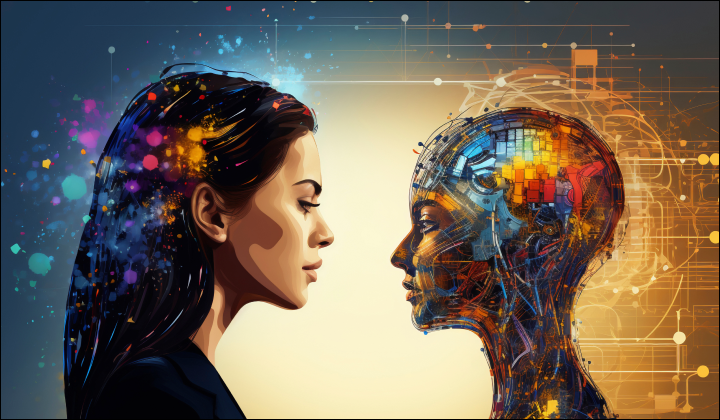Hiring before you even post a job? Employees charting their own growth with AI as a guide? It’s not the future — it’s already happening.
Right now, AI is reshaping HR in ways we couldn’t have imagined a decade ago.
Recruitment is faster. Talent strategies are sharper. Employee experiences feel personal, even at scale. And this is just 2024.
Between 2025 and 2030, the pace is only going to accelerate.
Predictive hiring will get smarter. Employee engagement tools will know what your workforce needs before you do. Workforce planning? It’ll shift from reactive to predictive, helping leaders make decisions with precision.
The big question? Are you ready to adapt AI in HR today?
What’s exciting is how AI isn’t just solving problems — it’s creating opportunities.
Companies already embracing this shift are seeing massive results. Faster hiring. Better retention. Happier employees.
The next few years will separate those who lead from those who lag.










 7 mins
7 mins









 Talk to Our
Consultants
Talk to Our
Consultants Chat with
Our Experts
Chat with
Our Experts Write us
an Email
Write us
an Email





